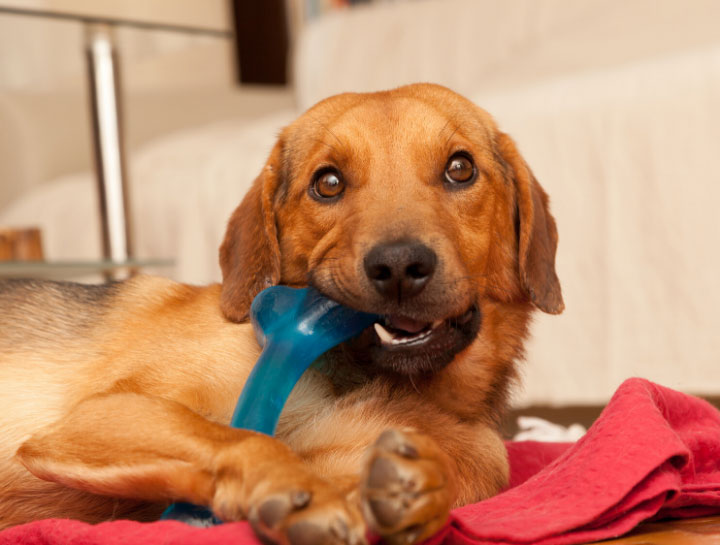Preventive Dental Care
Routine dental care matters.
Why Pet Dental Care is Important
Heart Disease—A study conducted at Purdue University pinpointed a clear connection between periodontal disease in dogs and heart problems. In the study, dogs with gum disease had great instance of inflammation of the heart valves.
Kidney Disease—The ASPCA names dental disease as a leading cause of kidney problems in dogs. Cats and other pets can also suffer from periodontal-related kidney issues throughout their lives. The damage caused by bacteria that infects the kidneys is irreversible, leading to illness and possible death.
Sepsis—An oral infection in a pet can eventually lead to sepsis, a condition that can be life threatening. Sepsis occurs when the body releases chemicals to battle an infection spreading through the bloodstream, possibly leading to multiple organ failure.
While the exact reason for the connection has not been found, many experts believe bacteria is the culprit. When gum disease is present, bacteria builds up and that bacteria can leak into the bloodstream, making its way to the rest of the body. Over time, an animal’s immune system may not be able to fight off all of this bacteria, leading it to cause infections in internal organs.
How can I help my pet maintain good oral hygiene?
The best way to make sure your pet’s teeth remain healthy is by having routine annual exams. Whether you have a puppy or kitten with a mouth full of baby teeth or an adult pet whose teeth need to be checked for plaque, tartar, or dental disease, having a veterinarian examine them is the first step to making sure they’re in good health.
During your pet’s comprehensive physical, your veterinarian will perform a dental health assessment and make recommendations for preventive care. Sometimes this will mean performing good home preventative care, other times, it will mean scheduling an appointment for a dental cleaning or extraction.
Although we recommend brushing your pet’s teeth daily as part of a good preventive care routine, we understand that it’s not always possible. Luckily, there are other ways to maintain your pet’s oral health when you can’t brush their teeth.
- Utilize water additives
- Give your pet a dental chew every other day
- Choose food and treats that control plaque and promote dental health
- Schedule dental cleanings as recommended by your veterinarian
Call us at (317) 881-3125 to schedule your pet’s oral health assessment or dental cleaning.

